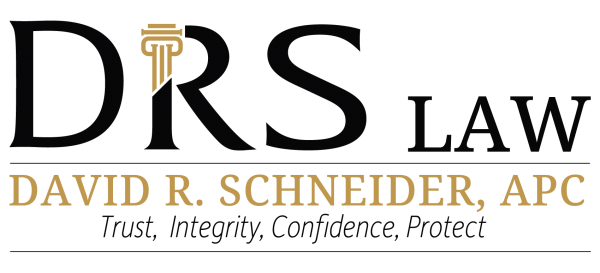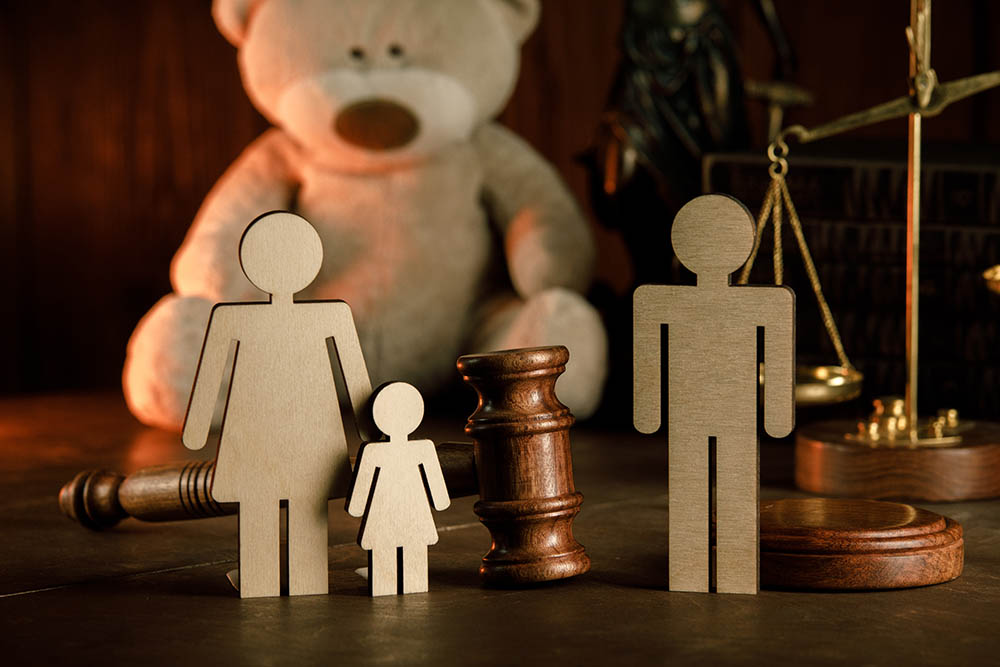What is a Nomination of Guardian?
A nomination of guardian is used when you have children under the age of 18 to name persons whom you nominate before the probate court to take care and custody of your minor child/children and someone you would nominate to take care of any assets they have/receive.
There are two types of guardian, one for the person (child), and one for the estate (child’s money). These may be the same person, or they may be two different persons. It is a different set of skills handling money versus dealing with grieving and maturing children. Some persons may have all of the skills needed; some might be better at one task than the other. Let’s face it, just because you can balance a checkbook does not make you a good substitute for a parent. Being a great parent does not qualify you to protect an investment.
In both instances, a guardian appointment is a court proceeding held in the probate court called a Guardianship Proceeding. While this is not as long and costly as a traditional probate proceeding discussed here before, it is still time-consuming and still costs a few thousand dollars in attorney fees; none of this can be avoided. The only persons who can step up to take care of the minor children must be appointed by the court. However, you want this to be persons of your choosing.
The benefit of creating nomination of guardian documents is the opportunity in such a tragic set of circumstances to tell the court in your own words who you would choose for both of these positions. This allows the court to consider your choices over someone else who might bring a petition to take control, say one family member versus another.
In all circumstances, the person(s) petitioning the court for appointment, must pass a series of background checks and must make periodic reports to the court allowing the court to keep tabs on the appointed guardians.
A similar apparatus is important for families with special needs children. A special needs scenario is generally when a child is born with a developmental disability e.g., autism, Aspergers or other mental deficiency. When these children attain the age of 18 the parents need to develop a conservatorship for the now adult child. A conservatorship proceeding is very similar to a guardianship proceeding. The primary difference is the subject of the conservatorship is 18 or older and the guardianship is 17 and under.
In a special needs situation, it is highly likely that the initially appointed conservators (most often the parents) will predecease the child; someone will need to petition the court to step into the shoes of the prior conservator(s). Having the court-appointed conservators nominate the persons they would have to replace them, helps the court to make the proper determination as well as the parents’ personal knowledge of who would be a good fit for the unique circumstances presented by this situation.
Estate planning consultations are available virtually and in the office, and David is happy to help clients throughout California. He has helped thousands of families set and achieve their estate planning goals. David sees clients by appointment only to ensure that each has his undivided attention. Contact us to schedule a free consultation today at 805-374-8777 or dschneider@drs-law.com. We look forward to hearing from you and helping you set up your comprehensive estate plan, including a living trust, a pour-over will, durable power of attorney, advanced healthcare directive, and nomination of a guardian and special needs trust, where needed.

